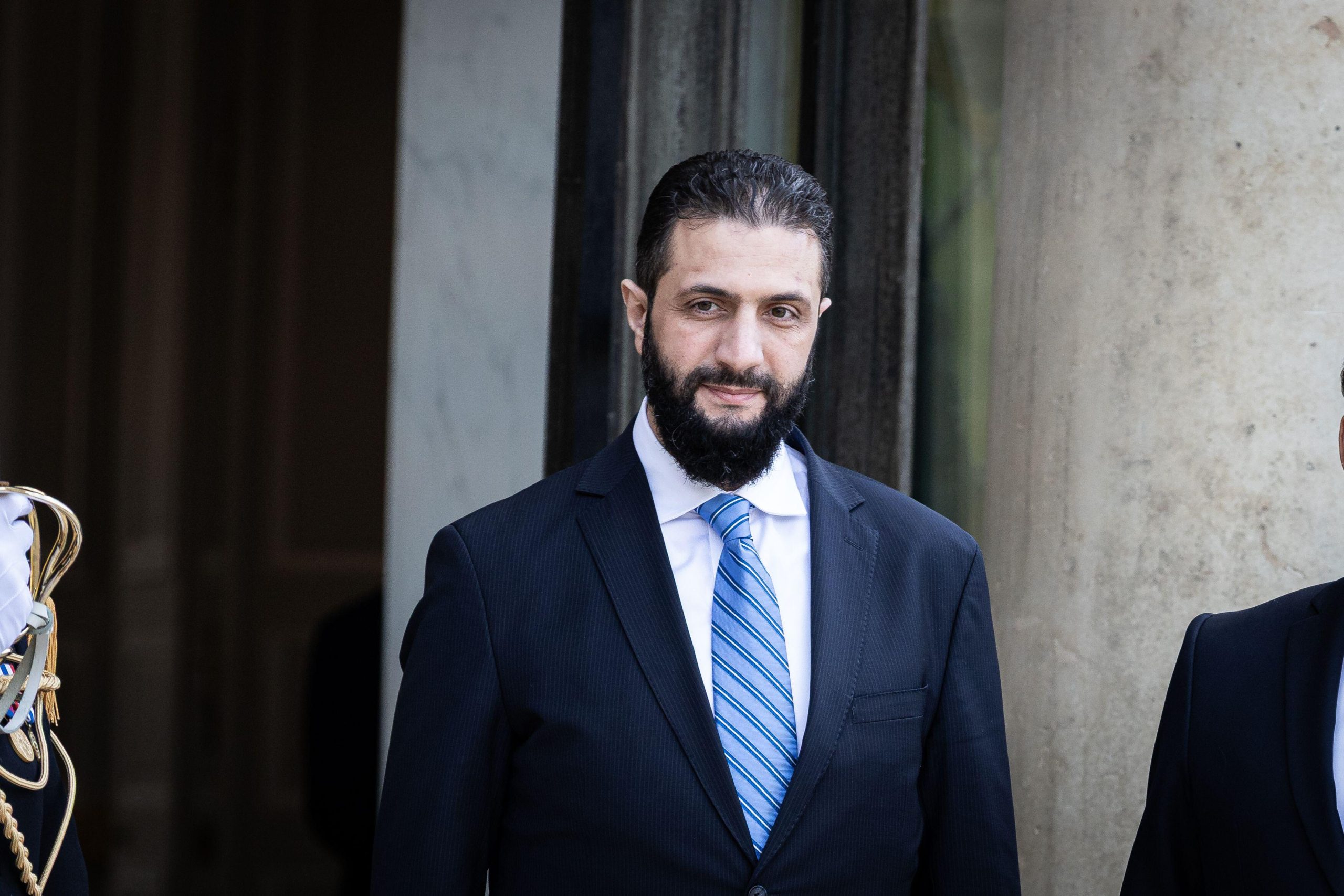The death toll from three days of unrest in Cairo’s downtown Tahrir Square has risen to 33, with more than 1700 injured. More casualties and fatalities are expected as riot police and security forces continue their crackdown on the tens of thousands of protesters demanding the ousting of Field Marshal Hussein Tantawy who heads the Supreme Council of the Armed Forces (SCAF).
Following the outbreak of unrest, Prime Minister Essam Sharaf’s government resigned. At the same time, the Youth Revolutionary Coalition called on Egyptians to participate in what they hoped would be a million-strong National Rescue protest on Tuesday, calling for the formation of a new government with complete authority to run the country during the transitional period.
“The people feel their revolution has been stolen by the military. So we are back in Tahrir to ask the military rulers to leave. They are all members of Mubarak’s regime. The autocracy has only been replaced by another military dictatorship.”
-22-year-old activist Sahar Mohamed Zaki, who works for an airline company, explaining why protesters had returned to Tahrir
Most of the deaths in Tahrir were the result of gunshot wounds sustained in clashes with security forces as protesters attempted to storm the nearby Interior Ministry, headquarters of the detested police force. Demonstrators — suffering head injuries after being beaten with batons and choking as a result of excessive tear gas inhalation — were being ferried on makeshift stretchers to an area in the square where volunteer medics offered emergency aid. Wailing sirens could be heard as ambulances transported the more serious cases to nearby hospitals for treatment. Bahaa el Razi, a volunteer medic at the scene, told me that most of the casualties suffered from gas inhalation, while a few had been hit by rubber bullets and bird shots. Protesters claimed live ammunition was also being fired in attempts to disperse them.
In one instance, the body of a dead man was thrown by his attackers onto a rubbish heap . The incident enraged eyewitnesses, who insisted that “nothing has changed” and that their lives counted for nothing to those in a position of authority.
“Tantawy, leave!” The chants of the indignant protesters reverberated across the square. The scene was reminiscent of the January uprising that ousted Mubarak. Demonstrations erupted in Tahrir last Friday, with people demanding the ruling military council immediately hand over power to a civilian government. The protesters also called for an end to military trials for civilians and for parliamentary elections to be held on the scheduled date of 28 November. They also called for those responsible for the recent deaths to be punished for their crimes.
“Protests are the only way to get the SCAF to respond to our demands. The military wants to remain a state within a state‚ and does not want to be accountable for its actions. There is no alternative to confrontation.” So said Kamal Habib, a former Salafist who is currently a member of the Safety and Development party.
A middle-aged man who overheard Habib’s comment shook his head in disagreement. He interrupted, saying: “The economy is already in shambles. People need to get off the streets. They are making it difficult for us to get on with our lives and to earn a livelihood.”
He, did not, however, explain why he was in the square.
The latest unrest was sparked by a proposed controversial charter of supra-constitutional principles that activists feared would shield the military’s budget from public scrutiny and allow the military to choose a constituent assembly.
“No state institution is above the law and that includes the military. What we need is transparency,” said 23-year-old Tarek Ali, who works for a telecommunications company.
Deputy Prime Minister for Political Affairs Aly el Selmi has defended the document, which bears his name. In comments published in state-run al Ahram newspaper on Wednesday, he claimed that several political powers, including the Muslim Brotherhood, had earlier agreed to the document with reservations to just two of its articles (9 and 10). Islamists have meanwhile boycotted discussion of the document, arguing that it strips parliament of authority while giving the SCAF veto power over articles with which it does not agree.
The military rulers insist, however, that they will hand over power to a new government once it is elected and have repeatedly assured the public that legislative elections will take place on time. But activists remains sceptical, expressing concerns that the military wants to maintain its grip on power.
In a televised statement on Monday, the military expressed its regret for the events in Tahrir, vowing to investigate those responsible for the violence. The statement called on the public to exercise restraint and for political parties “to work together to find a solution to the current crisis”. The armed forces also reminded the public that those who threaten public order and stability would be dealt with severely.
Many believe the ousted former president, who faces charges of ordering the killing of peaceful protesters , continues to run the country from his prison cell — a claim that has fuelled already inflamed public sentiment against the armed forces. Much of the anger is also directed at the police, whose repressive tactics have failed to change after the revolution.
The brutal crackdown on the Tahrir protesters has so far failed to quell the demonstrations. Similar protests have also taken place over the last three days in other major cities across the country, including Alexandria and Suez. On the contrary, the Tahrir crowd appeared to be swelling Monday night as more people arrived to join the estimated 50,000-strong crowd.
Journalist and television anchor Shahira Amin resigned her post as deputy head of state-run Nile TV on February. Read why she resigned from the “propaganda machine” here.




